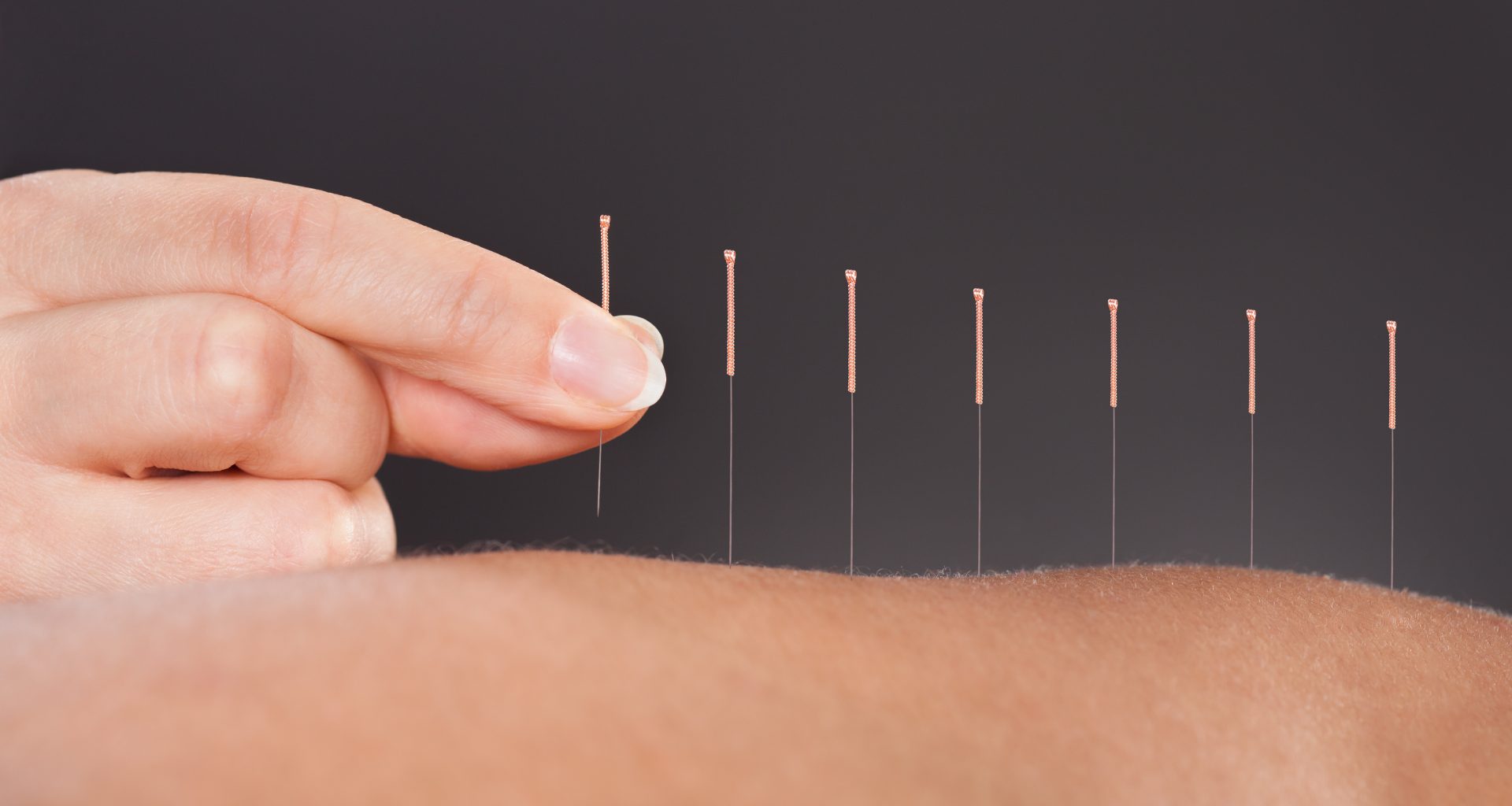Lymphedema, characterized by chronic swelling due to the accumulation of lymphatic fluid, affects millions worldwide. Traditional approaches such as Complete Decongestive Therapy (CDT), lymphatic massage, compression garments, and skin care form the backbone of lymphedema management. However, many patients and healthcare professionals are increasingly curious about integrating alternative methods into conventional care—particularly acupuncture.
This blog explores the role of acupuncture as an alternative treatment for lymphedema, examining recent scientific findings, expert opinions, and practical considerations.
What Is Acupuncture?
Acupuncture is a traditional Chinese medical practice that has been used for thousands of years. It involves inserting fine, sterile needles into specific points on the body, known as acupoints, located along pathways called meridians. According to traditional Chinese medicine, these points are connected to the body’s life energy, or “qi” (pronounced “chee”). Acupuncture aims to restore balance and promote healing by improving the flow of this energy.

From a Western medicine perspective, acupuncture may stimulate nerves, muscles, and connective tissues, promoting the body’s natural painkillers and improving circulation. Although the precise mechanisms remain unclear, acupuncture is now widely recognized for pain relief and stress reduction and is gaining interest as a complementary therapy for various conditions, including lymphedema.
The Relationship Between Acupuncture & Lymphedema
Acupuncture’s potential role in lymphedema treatment has sparked significant interest and research, particularly among breast cancer survivors. Breast cancer treatments such as surgery and radiation can damage lymph nodes, often resulting in secondary lymphedema. Given acupuncture’s effects on circulation and pain management, it is natural to question whether this ancient technique could also help manage lymphedema symptoms.
Several studies and pilot trials have sought to address this question.
Clinical Studies and Expert Opinions
Memorial Sloan Kettering Study
In 2013, Memorial Sloan Kettering Cancer Center’s Integrative Medicine Service conducted a groundbreaking pilot study to assess acupuncture’s safety and effectiveness in treating lymphedema. The trial involved breast cancer survivors experiencing arm swelling lasting between six months and five years. Findings indicated that acupuncture was safe, well-tolerated, and potentially beneficial. Impressively, around one-third of participants saw at least a 30% reduction in arm circumference after eight sessions, with benefits lasting up to four months post-treatment.
The success of this initial study led to larger-scale, randomized controlled trials, currently ongoing, aiming to validate these promising results.
Research from Australia and New Zealand
A similar pilot trial conducted across Australia and New Zealand evaluated acupuncture’s impact on arm swelling and quality of life for breast cancer survivors. While the study confirmed that 12 weeks of acupuncture were safe and well-tolerated, improvements in arm circumference were not significant. However, researchers noted acupuncture might stabilize symptoms, suggesting further research is needed.
Korean Pilot Study
A smaller study in Korea, published in Medical Acupuncture, tested a specific technique known as Saam acupuncture. Nine participants received treatments three times weekly over six weeks. Researchers found a significant reduction in lymphedema severity, concluding that acupuncture showed potential benefits for women post-breast cancer surgery. Despite promising results, the small sample size highlights the need for more extensive, rigorous research.
Benefits and Limitations of Acupuncture for Lymphedema
Potential Benefits:
- Reduced swelling and fluid accumulation
- Enhanced overall circulation
- Improved pain management and reduction in discomfort
- Better emotional well-being due to relaxation effects
- Complement to existing conventional therapies
Limitations and Considerations:
- Results vary significantly between individuals
- Requires specially trained practitioners knowledgeable about lymphedema
- Not a standalone treatment; acupuncture should complement traditional therapies
- Ongoing research necessary to establish consistent, long-term effectiveness
Integrating Acupuncture into Your Lymphedema Management Plan
Before integrating acupuncture into your lymphedema management plan, consult with your healthcare provider or a Certified Lymphedema Therapist (CLT). It’s essential to:
- Choose a licensed, certified acupuncturist experienced with lymphedema patients.
- Communicate openly about your current therapies and any concerns.
- Monitor symptoms closely and document your progress.
Acupuncture should always enhance, not replace, standard lymphedema treatments like compression garments, lymphatic massage, and skincare routines.
Finding Qualified Acupuncture Providers
To safely incorporate acupuncture into your treatment regimen, ensure you visit reputable practitioners:
- Ask your healthcare provider or CLT for recommendations.
- Verify acupuncturist credentials through local regulatory bodies.
- Seek acupuncturists who specialize in oncology or lymphatic conditions.
You can also explore resources and support through the National Certification Commission for Acupuncture and Oriental Medicine (NCCAOM).
Complementary Therapies and Lymphedema Care
Combining acupuncture with proven management strategies like Complete Decongestive Therapy, compression garments, and lifestyle modifications often yields optimal outcomes. Effective lymphedema management requires a holistic approach—diet, skincare, exercise, and mindfulness practices also play significant roles.
Explore further self-care resources at LymphedemaProducts.com and educational opportunities at the Norton School of Lymphatic Therapy.
Frequently Asked Questions (FAQs)
Final Thoughts: Acupuncture as a Complementary Option
Acupuncture represents a promising alternative treatment for lymphedema, offering potential benefits when integrated responsibly with standard lymphedema management strategies. While ongoing research will further clarify its effectiveness, early findings and patient experiences suggest it may enhance comfort and quality of life for many.
References:
- Memorial Sloan Kettering Cancer Center – Integrative Medicine
- Medical Acupuncture Journal
- National Certification Commission for Acupuncture and Oriental Medicine
- National Lymphedema Network




